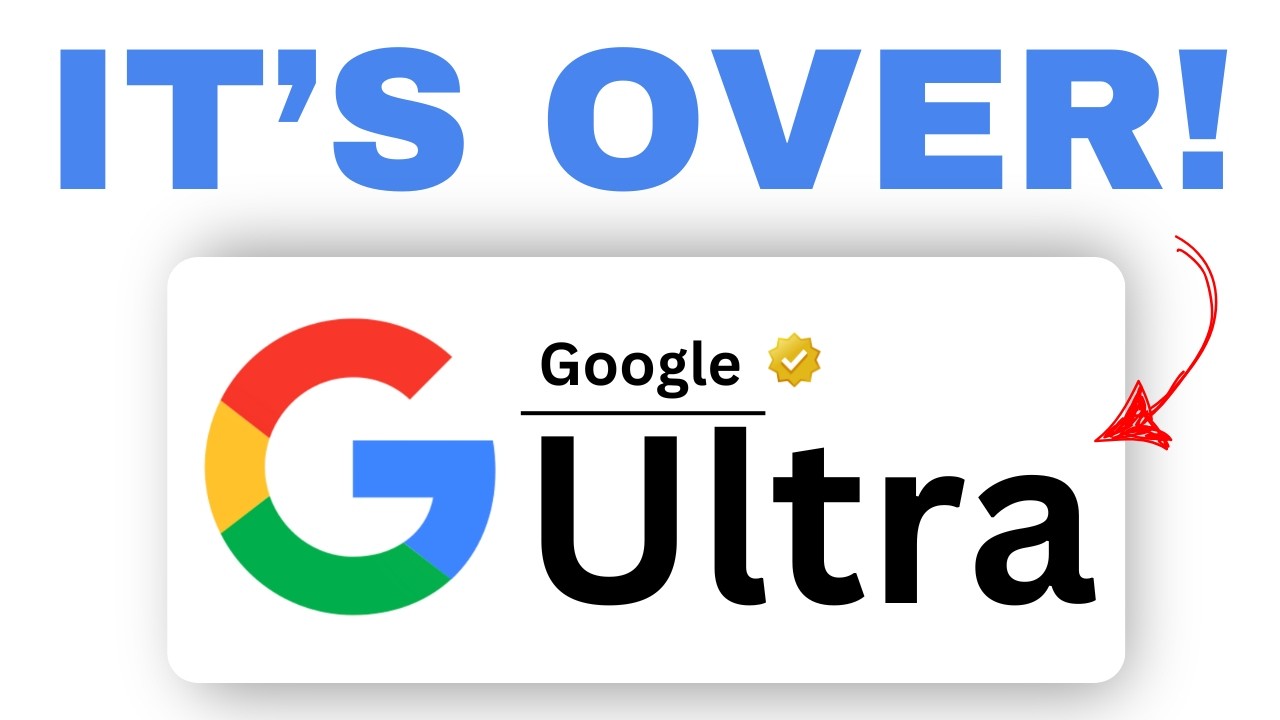The video highlights Google’s major AI and technology advancements announced at I/O 2025, including powerful new models like Gemini 2.5 and 3N, the innovative coding assistant Jules, and AI-integrated search features that enhance research and content creation. It also covers breakthroughs in media generation, XR, and AR/VR, emphasizing AI’s expanding role across various digital experiences and tools.
The video provides an overview of the major announcements from Google I/O 2025, highlighting the most impactful AI and technology updates. Google introduced numerous new tools and models, focusing on building with AI, including the Gemini 2.5 and Gemini 3N, which enable AI to run on mobile devices and tablets. They also showcased sign language translation tools, medical enhancements, and new developer tools like agentic collaboration and code assistants, making AI integration into development workflows more accessible and powerful.
A significant part of the update is the introduction of Jules, Google’s asynchronous coding agent. Jules acts like a junior developer that can understand code context, fix bugs, write tests, and build features automatically, all integrated with GitHub and capable of working in parallel on real codebases. It also offers audio summaries, making it easier for developers to stay updated without reading lengthy documentation. This tool aims to streamline software development by automating routine tasks and improving efficiency.
Google has integrated AI directly into its search engine, transforming how users perform research. Instead of switching between traditional search and AI tools, users can now access AI-powered insights, deep research, and real-time analysis directly within Google Search. Features like visual recognition, multi-tasking capabilities, and data visualization enhance the search experience, making it more interactive and intelligent. This integration leverages Google’s vision and AI capabilities to provide more comprehensive and immediate results.
On the media front, Google announced advancements in video and image generation, including the new V3 video model that produces high-quality videos with audio from prompts. They also introduced Flow, an AI-powered filmmaking tool aimed at Hollywood-level content creation, and Imaging 4, which offers stunning image generation with superior typography. These tools are set to revolutionize content creation, enabling users to generate professional-grade media effortlessly, though concerns about content ownership and the impact on creators were also noted.
Finally, Google showcased developments in extended reality (XR) and 3D communication, including Google Beam, a 3D video communication platform. While XR and AR/VR technologies are progressing, the video suggests that practical, consumer-ready devices like AI contact lenses or glasses are still a way off. The pricing for Google’s AI plans was also discussed, with the Ultra plan costing around $235 per month, offering higher limits and more extensive features. Overall, Google I/O 2025 emphasized AI’s growing role across search, development, media, and immersive experiences, signaling a major shift in how technology will be used in the near future.
